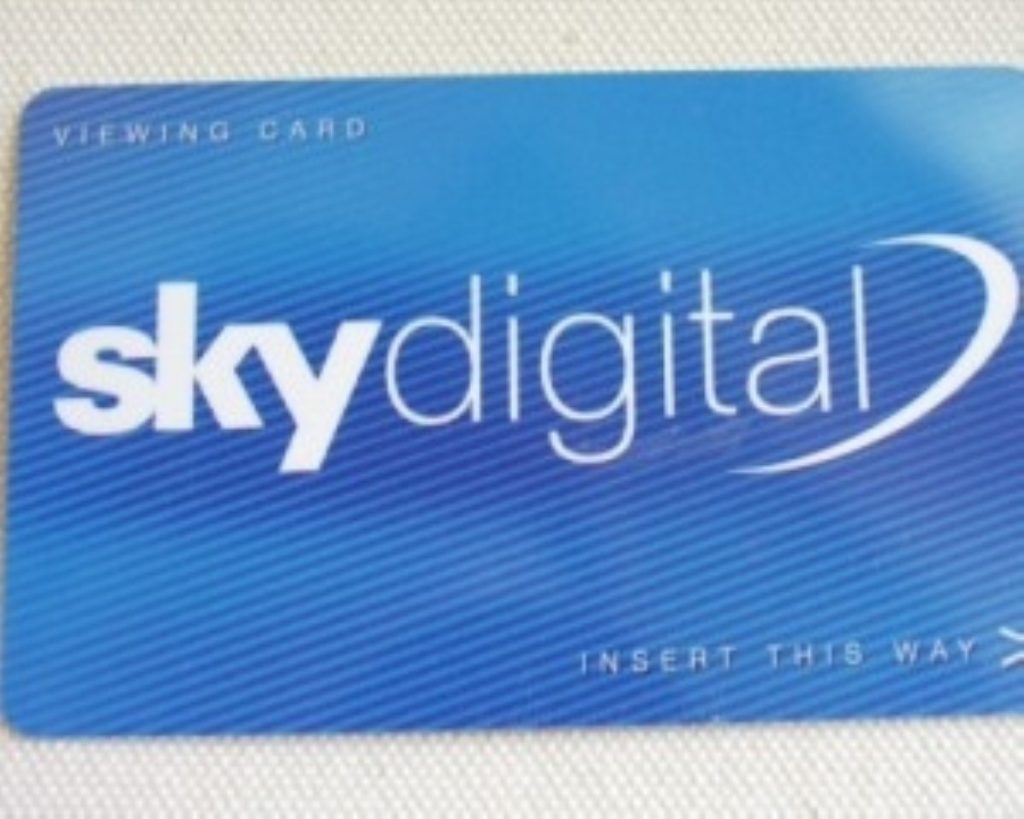BSkyB reports first profit in five years
The digital satellite broadcaster, BSkyB, has announced its first pre-tax profit since launching its digital service five years ago.
The company, which is partly owned by Rupert Murdoch, reported strong growth in the number of new subscribers to its services and increasing advertising revenues, which out performed the rest of the market.
BSkyB announced that in the year to the end of June 2003 it made a pre-tax profit of £260 million compared to pre-tax loss of £22 million in the year before.
The company has seen its satellite subscribers in the UK and Ireland increase by 133,000 in the three months to June 2003 to stand at 6,845,000, which represents an increase of 744,000 over the entire year. BSkyB claimed that it was ‘highly confident’ of achieving its target of seven million subscribers by the end of December 2003.


Tony Ball, Chief Executive of British Sky Broadcasting Group plc, stated, ‘Over the last five years Sky has grown significantly, doubling its revenues and almost doubling its DTH subscriber base. We are highly confident of reaching our 7 million subscriber target by the end of 2003 and, with only half of households signed up to digital television, there is still plenty of growth potential in the UK.’
The company stated that it has reduced the number of people who quit their subscriptions, or ‘churn’, by one percentage point over the year to 9.4%.
The amount of revenue from each of the company’s customers has increased by 5% so that the annualised average revenue per subscriber at 30 June 2003 was £366.
Sky’s advertising revenue continued to outperform the rest of the market with a 13% increase on the same period a year ago to £284 million. The company said this principally reflected the benefit from strong share deals negotiated with advertising agencies for the calendar year 2003, and the strong growth in Sky’s overall subscriber base. BSkyB expects this above-market growth to continue for at least the remainder of 2003.
BSkyB’s programming costs have increased by 11% to £1,604 million, which was a result of contractual increases in covering sporting events and volume-related increases in movie and third party channel costs.
The main increases in covering sporting events came from the cost of covering the Ryder Cup and the Cricket World Cup. However, this was partly offset by the savings achieved by the decisions made not to renew agreements to broadcast UEFA Cup and Scottish Premier League football, and Six Nations Rugby.

